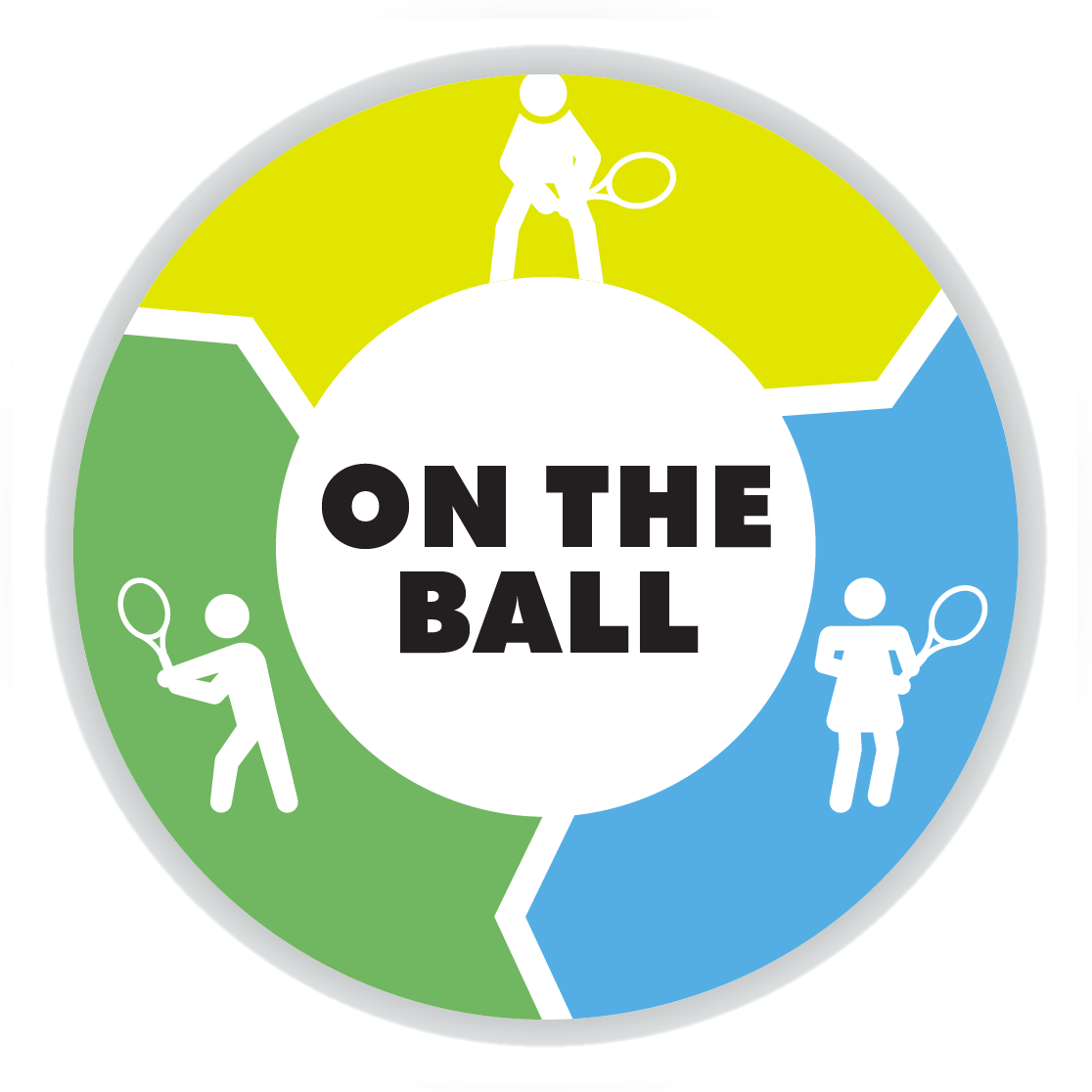Court Thought: Cultivate your self-coach to assist you when under pressure and squelch the inner-critic that can ruin your game.
Do you come down hard on yourself when you make an error on the tennis court? Does the inner-critic dominate your thoughts when you’re playing? Or do you have a friendlier self-coach with a kinder voice, one that accepts mistakes, is encouraging, and helps you to move on?
Many times, I’ve scolded myself for hitting into the net, hitting out, or choosing the wrong shot and losing the point. What was the result?
Most often, the critic on my shoulder has gotten in my head and made me feel mad at myself, disappointed, and has kept me dwelling on the error. Instead of moving on, I was stuck in the past, my attention on the last point and not in the moment where it was needed.
This can cycle into a downward spiral. If you’re distracted by a mis-hit and not focused on what is happening right now, you may not be ready for the next shot and miss it as well.
Once I’ve missed a couple of shots in a row, feedback from my inner-critic triggers my defenses, tensing up my muscles, making my breathing shallow, and increasing my heart-rate. Generally, I continue the downward spiral, my ever-worsening performance making me want to shout to the other players, “This is not me!”
How might I have done better? Taking the time to study the mental game of tennis, I’ve begun to learn a few useful ways to reset my inner state to shift my tension and turn things around:
Smile--first I try not to take things too seriously. I find that if I smile after making an error, it helps me to release the tension so that I’m relaxed and in a better performance state. You may not feel like smiling after a bad shot, but if you practice it, you may find it helps you play better.
Breathe--this is a useful technique, especially between points or when serving. Breathing in through your nose and out through your mouth can produce a soothing feeling that helps to loosen your muscles which in turn helps you to play better. Practice breath off the court so that it is a familiar go-to solution when playing under pressure.
Ball--if I bring my focus back to the ball, after smiling and breathing deeply to release tension, perhaps thinking about placement, I find that I recover and remain in the moment, often hitting a good shot as a result.
So, dump your inner-critic and invite the self-coach to sit upon your shoulder instead. Your self-coach can remind you to smile, breathe, and focus on the ball. A good self-coach will also
help you take note of what may have gone wrong in a point without dwelling there,
remind you to do a couple of ghost swings to rehearse the shot you missed if there’s time between points,
check in with your level of tension, adjusting it as needed with breath,
help you to move on, play one point at a time, and celebrate even the smallest of successes.
When you’re playing under pressure, your harsh inner-critic will try to unseat your friendlier self-coach. Just remember, it’s easier to knock that critic off your shoulder when you loosen up and remember the joy of tennis that a good self-coach will remind you of.







